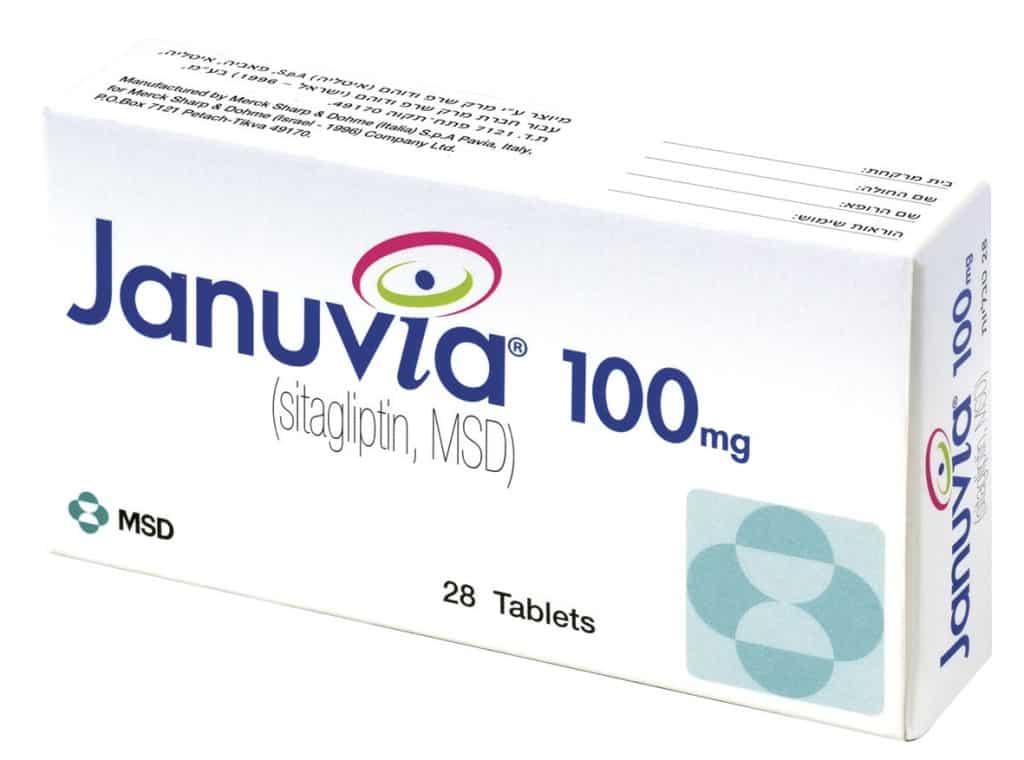
Merck diabetes drug gets CV trial boost
pharmafile | June 9, 2015 | News story | Research and Development, Sales and Marketing | Januvia, Merck, cv, diabetes, sitagliptin
Merck’s diabetes drug Januvia has been given a boost following worries over side effects for patients after a trial revealed that it produced no more heart problems than placebo did.
The news comes two months after the FDA found AstraZeneca’s own diabetes brand Onglyza – in the same dipeptidyl-peptidase-4 (DPP-4) class as Januvia (sitagliptin) – may lead to a ‘significant increase’ in risk of death.
The US regulator said a ‘substantial’ number of patients had recurrent events or died during AstraZeneca’s SAVOR trial, which tested Onglyza (saxagliptin) in patients with type 2 diabetes with established cardiovascular (CV) disease or at high risk of heart problems.
TECOS, Merck’s placebo-controlled study, looked at the long-term CV safety of the addition of Januvia to usual care – compared to usual care without Januvia – and found no such issues in more than 14,000 patients with type 2 diabetes and established CV disease.
In data presented at the 75th Scientific Sessions of the American Diabetes Association and published in the New England Journal of Medicine, the study achieved its primary composite CV endpoint.
This means it was not inferior (defined as the time to the first confirmed event of any of: CV-related death, nonfatal myocardial infarction (MI), non-fatal stroke, or hospitalisation for unstable angina) to usual care without Januvia.
Primary endpoint occurred in 11.4% of Januvia-treated patients compared with 11.6% of those taking placebo – and in 9.6 % of patients in both the Januvia and placebo groups in the Per Protocol analysis.
“The results from TECOS showed that sitagliptin did not increase the risk of cardiovascular events in a diverse group of patients with type 2 diabetes at high cardiovascular risk,” explains study co-chair Rury Holman, Professor of Diabetic Medicine and Diabetes Trials Unit director at the University of Oxford.
Two key secondary endpoints were also met because there was no increase in hospitalisation for heart failure and rates of all-cause mortality were similar in both treatment groups.
“We believe the results of TECOS provide important clinical information about the CV safety profile of sitagliptin,” adds Dr Roger Perlmutter, president, Merck Research Laboratories.
Adam Hill
Related Content

TILT Biotherapeutics shares data on TILT-123 with Keytruda for ovarian cancer treatment
TILT Biotherapeutics has announced promising preliminary safety and efficacy data from its ongoing phase 1 …

FDA approves Merck’s Winrevair for PAH treatment
Merck, known as MSD outside of the US and Canada, has announced that the US …

CHMP recommends Novo Nordisk’s Awiqli for diabetes treatment
Novo Nordisk has announced that the European Medicines Agency’s (EMA) Committee for Medicinal Products for …








